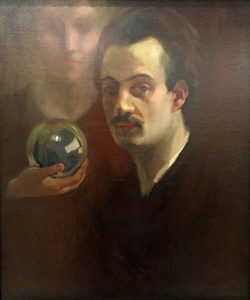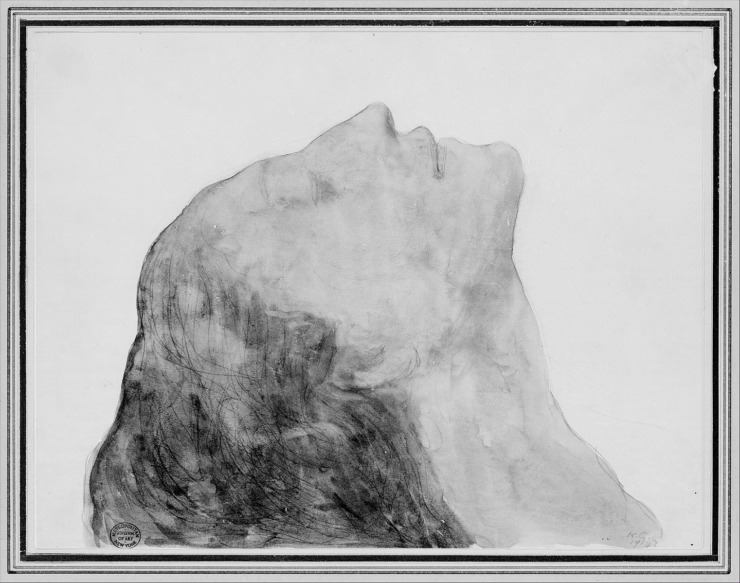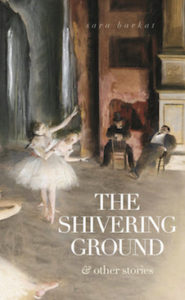< Return to Kahlil Gibran Poems
The Perfect World
God of lost souls, thou who are lost amongst the gods, hear me:
Gentle Destiny that watchest over us, mad, wandering spirits, hear me:
I dwell in the midst of a perfect race, I the most imperfect.
I, a human chaos, a nebula of confused elements, I move amongst finished worlds—peoples of complete laws and pure order, whose thoughts are assorted, whose dreams are arranged, and whose visions are enrolled and registered.
Their virtues, O God, are measured, their sins are weighed, and even the countless things that pass in the dim twilight of neither sin nor virtue are recorded and catalogued.
Here days and night are divided into seasons of conduct and governed by rules of blameless accuracy.
To eat, to drink, to sleep, to cover one’s nudity, and then to be weary in due time.
To work, to play, to sing, to dance, and then to lie still when the clock strikes the hour.
To think thus, to feel thus much, and then to cease thinking and feeling when a certain star rises above yonder horizon.
To rob a neighbour with a smile, to bestow gifts with a graceful wave of the hand, to praise prudently, to blame cautiously, to destroy a sound with a word, to burn a body with a breath, and then to wash the hands when the day’s work is done.
To love according to an established order, to entertain one’s best self in a preconceived manner, to worship the gods becomingly, to intrigue the devils artfully—and then to forget all as though memory were dead.
To fancy with a motive, to contemplate with consideration, to be happy sweetly, to suffer nobly—and then to empty the cup so that tomorrow may fill it again.
All these things, O God, are conceived with forethought, born with determination, nursed with exactness, governed by rules, directed by reason, and then slain and buried after a prescribed method. And even their silent graves that lie within the human soul are marked and numbered.
It is a perfect world, a world of consummate excellence, a world of supreme wonders, the ripest fruit in God’s garden, the master-thought of the universe.
But why should I be here, O God, I a green seed of unfulfilled passion, a mad tempest that seeketh neither east nor west, a bewildered fragment from a burnt planet?
Why am I here, O God of lost souls, thou who art lost amongst the gods?
—Kahlil Gibran
About Kahlil Gibran
Khalil Gibran (جبران خليل جبران) was a writer, visual artist, and poet with a prolific collection of work. He was born in 1883 in a village in the Mount Lebanon Mutasarrifate and in 1893 moved with his family to the United States where he enrolled in school in Boston, then went back home when he was fifteen to enroll in the Collège de la Sagesse. In 1902 he came back to Boston, and two years later his artwork was displayed for the first time. In 1905 he published his first book, and after that studied art in Paris for three years. Gibran wrote books in both Arabic and English, including poems, plays, fables, short stories, and political essays.
His cousin, Kahlil G. Gibran, a sculptor, described his work in this way. “Ignoring much of the traditional vocabulary and form of classical Arabic, he began to develop a style which reflected the ordinary language he had heard as a child in Besharri and to which he was still exposed in the South End [of Boston]. This use of the colloquial was more a product of his isolation than of a specific intent, but it appealed to thousands of Arab immigrants.” (Robin Waterfield, 1998) He was inspired by the King James Bible, the works of William Blake, whose drawings were in Gibran’s opinion “so far the profoundest things done in English.” (Joseph Ghougassian, 1973) Other inspirations included Francis Marrash (فرنسيس بن فتح الله بن نصر الله مرّاش), Walt Whitman, and Friedrich Nietzsche.

“Self Portrait and Muse” by Khalil Gibran
With visual art Gibran worked in oils, pencil, ink, watercolor, and gouache, and created more than seven hundred pieces of visual art. His work is featured in a number of museums, and his work The Prophet has been translated into more than 100 languages and has never been out of print, becoming popular in the American counterculture and New Age movement. The book was admired by Elvis Presley, John Lennon, Johnny Cash, David Bowie, Gilad Hochman (גילעד הוכמן) and Dana Al Fardan. Gibran has museums, memorials, schools, a garden, and a crater on Mercury named after him.
I hope you enjoyed The Perfect World by Kahlil Gibran! If you liked The Perfect World by Kahlil Gibran, you might enjoy more poems by him below.
< Return to Khalil Gibran Poems
“Stunning…from start to finish. Barkat is a fierce new voice.”

